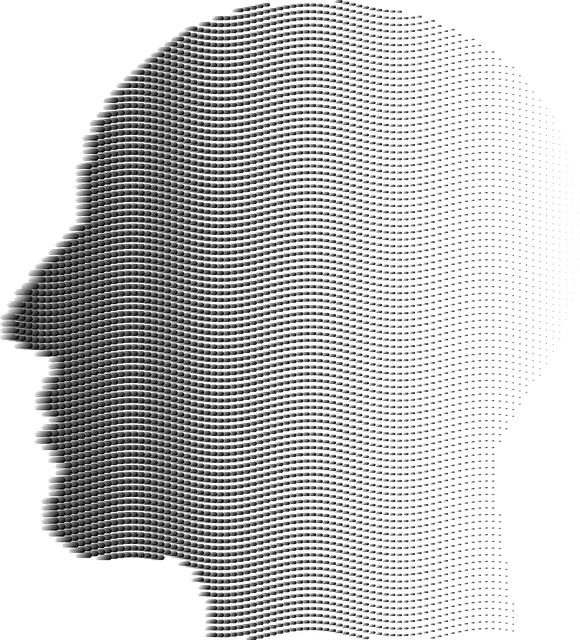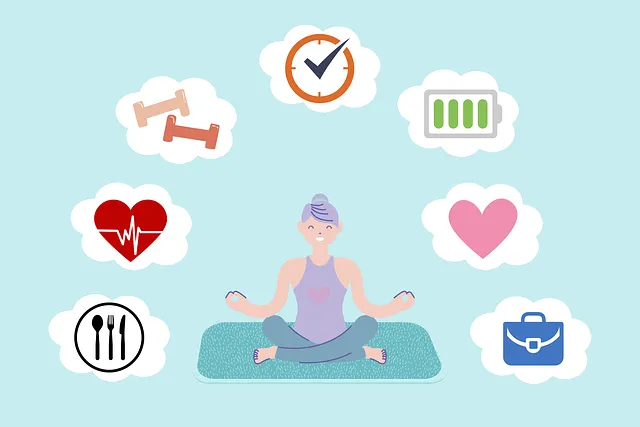Lafayette Kaiser Permanente promotes Resilience-Focused Mindfulness (RFM) as a holistic approach to mental well-being, combining mindfulness, compassion cultivation, and self-care. This method, proven effective through case studies, enhances emotional healing and coping mechanisms by tailoring activities to individual needs. RFM boosts therapy outcomes, reduces no-show rates, and fosters compassionate healthcare, with tailored interventions based on patient data segmentation. For support, contact Lafayette Kaiser Permanente's dedicated mental health appointment number.
“In today’s challenging landscape, building resilience among patients is key to enhancing mental health outcomes. This article explores the powerful tool of RFM (Recovery, Flexibility, and Motivation) and its role in fostering resilience. We provide a comprehensive guide for mental health professionals on implementing effective resilience exercises, offering practical steps for better patient engagement.
Additionally, we present a case study highlighting how Lafayette Kaiser Permanente improved mental health appointment effectiveness through RFM techniques, showcasing the real-world impact of this approach.”
- Understanding RFM and Its Role in Resilience Building
- Implementing Resilience Exercises: A Step-by-Step Guide for Mental Health Professionals
- Lafayette Kaiser Permanente Case Study: Enhancing Appointment Effectiveness with RFM Techniques
Understanding RFM and Its Role in Resilience Building

Resilience is a vital component of mental well-being, enabling individuals to navigate life’s challenges and setbacks with adaptability and bounce back strength. Implementing resilience-building exercises (RBFEs) has been recognized as an effective strategy to enhance this crucial skill set. Lafayette Kaiser Permanente, a leading healthcare provider, understands the profound impact of RBFEs on mental health, offering resources and appointments (call their mental health appointment number for details) dedicated to supporting individuals in cultivating resilience.
At its core, RFM, or Resilience-Focused Mindfulness, is an approach that combines mindfulness practices with principles designed to foster resilience. By integrating self-care routines and compassion cultivation exercises, RFM promotes emotional healing processes and empowers individuals to develop effective coping mechanisms. These techniques, when incorporated into daily life, can significantly contribute to the Self-Care Routine Development for Better Mental Health, a holistic approach that aims to strengthen mental health outcomes, much like a robust compass guiding one through life’s intricate landscapes.
Implementing Resilience Exercises: A Step-by-Step Guide for Mental Health Professionals

Implementing Resilience Exercises is a powerful tool for mental health professionals to empower their clients and foster mental wellness. Lafayette Kaiser Permanente’s approach to integrating resilience building activities into therapy sessions offers a step-by-step guide that can be adapted for various settings. First, mental wellness coaching programs should identify specific areas of resilience to target, such as coping mechanisms, stress management, or trauma support services. Following this, professionals design tailored exercises incorporating techniques like mindfulness, cognitive reframing, and problem-solving strategies. During sessions, these activities create a safe space for clients to practice new skills and receive immediate communication strategies feedback.
The process involves progressive escalation, beginning with simple scenarios and gradually introducing more complex situations. Regular evaluation and adjustment ensure the exercises remain effective and engaging. By consistently incorporating resilience building into therapy, mental health professionals can help clients develop lasting coping mechanisms, enhancing their overall mental health, particularly when navigating challenging life events. This holistic approach leverages Lafayette Kaiser Permanente’s commitment to comprehensive patient care, ultimately improving client outcomes.
Lafayette Kaiser Permanente Case Study: Enhancing Appointment Effectiveness with RFM Techniques

The Lafayette Kaiser Permanente Case Study highlights how implementing RFM (Reach, Frequency, and Monetary value) techniques significantly enhanced mental health appointment effectiveness. This approach aimed to improve patient engagement and reduce no-show rates, ultimately optimizing resource allocation within the organization. By analyzing patient data, the healthcare provider could segment their audience more effectively. They identified high-value patients who attended appointments regularly and those at risk of disengagement due to factors like frequent absences or low appointment numbers.
This strategic segmentation allowed for tailored interventions, including customized communication strategies and Compassion Cultivation Practices (CCP) stress management workshops. These workshops, designed to foster emotional resilience, proved particularly effective in engaging patients and improving attendance rates. The success of this initiative underscores the potential of combining RFM analytics with evidence-based stress management techniques to create a more compassionate and supportive healthcare environment, enhancing overall patient care and satisfaction.
The implementation of RFM (Resilience, Flexibility, and Mastery) techniques has shown significant potential in enhancing mental health appointments, as demonstrated by the Lafayette Kaiser Permanente case study. By integrating resilience-building exercises into their practices, mental health professionals can improve patient engagement, outcome measures, and overall appointment effectiveness. This evidence-based approach not only empowers individuals to cope with challenges but also fosters a sense of control and well-being. Adopting these strategies can revolutionize how mental health services are delivered, making them more accessible and beneficial for those seeking support.






